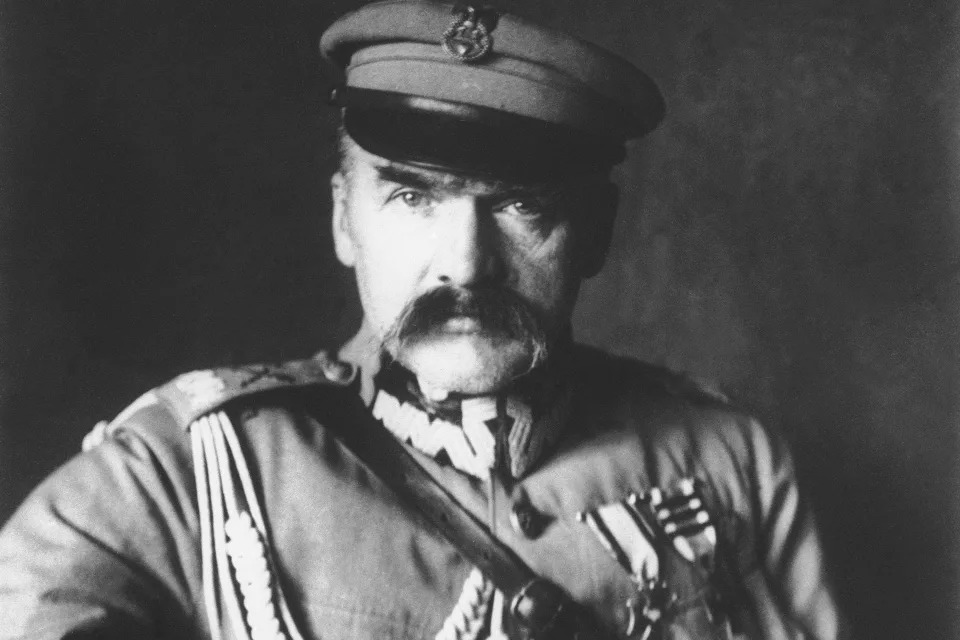Reuters
Ukrainians work to restore power to nuclear plants as country freezes
Pavel Polityuk and Tom Balmforth – November 23, 2022
KYIV (Reuters) -Ukraine restored power on Thursday to two of its four nuclear power plants but much of the country remained consigned to freezing darkness by the most devastating Russian air strikes on its energy infrastructure so far.
Viewed from space, Ukraine has become a dark patch on the globe at night, satellite images released by NASA showed, following repeated barrages of Russian missiles in recent weeks.
With temperatures falling below zero, authorities were working to get the lights and heat back on. Russia’s latest missile barrage killed 10 people and shut down all of Ukraine’s nuclear power plants for the first time in 40 years.
Regional authorities in Kyiv said power had been restored to three quarters of the capital by Thursday morning and water was working again in some areas. Transport was back up and running in the city, with buses replacing electric trams.
Authorities hoped to restart the three nuclear power plants in Ukrainian-held territory by the end of the day. By early evening, officials said a reactor at one of them, the Khmelnytskyi nuclear plant, had been reconnected to the grid.
The vast Zaporizhzhia plant in Russian-held territory also had to activate backup diesel power but it too was reconnected on Thursday, Ukrainian nuclear power company Energoatom said.
Since early October, Russia has attacked energy targets across Ukraine about once a week, each time firing hundreds of millions of dollars worth of missiles to knock out Ukraine’s power grid.
Moscow acknowledges attacking basic infrastructure, saying its aim is to reduce Ukraine’s ability to fight and push it to negotiate. Kyiv says such attacks are clearly intended to harm civilians, making them a war crime.
Kremlin spokesman Dmitry Peskov said it was Kyiv’s fault Ukrainians were suffering because it refused to yield to Moscow’s demands, which he did not spell out. Ukraine says it will only stop fighting when all Russian forces have left.
“What is there to talk about? I think that the first step should come from them. For starters, they have to stop shelling us,” said 27-year-old Olena Shafinska, queuing at a water pump in a park in central Kyiv with a group of friends.
Nuclear officials say interruptions in power can disrupt cooling systems and cause an atomic disaster.
“There is a real danger of a nuclear and radiation catastrophe being caused by firing on the entire territory of Ukraine with Russian cruise and ballistic missiles,” Petro Kotin, head of Ukraine’s nuclear operator Energoatom said.
“Russia must answer for this shameful crime.”
WEAPONISING WINTER
Winter has arrived abruptly in Ukraine and temperatures were well below freezing in the capital, a city of three million. U.S. Ambassador to the U.N. Linda Thomas-Greenfield said Russian President Vladimir Putin was “clearly weaponising winter to inflict immense suffering on the Ukrainian people”.
The Russian president “will try to freeze the country into submission,” she added.
There was no prospect of action from the Security Council, where Russia wields a veto. Moscow’s U.N. ambassador, Vasily Nebenzya, said it was against council rules for Ukraine President Volodymyr Zelenskiy to appear via video as he did on Wednesday, and rejected what he called “reckless threats and ultimatums” by Ukraine and its supporters in the West.
He blamed damage to Ukraine’s infrastructure on its air defence missiles and said the West should stop supplying them.
Ukrainian authorities said three apartment blocks were hit on Wednesday, killing ten people.
“Our little one was sleeping. Two years old. She was sleeping, she got covered. She is alive, thanks be to God,” said a man who gave his name as Fyodr, dragging a suitcase as he walked away from a smouldering apartment building hit in Kyiv.
Also in the capital, performers and staff members of the Kyiv National Academic Operetta Theater tearfully bid farewell to 26-year-old ballet dancer Vadym Khlupianets who was killed fighting Russian troops in eastern Ukraine.
Moscow has shifted to the tactic of striking Ukraine’s infrastructure even as Kyiv has inflicted battlefield defeats on Russian forces since September. Russia has also declared the annexation of land it occupies and called up hundreds of thousands of reservists.
The war’s first winter will now test whether Ukraine can press on with its campaign to recapture territory, or whether Russia’s commanders can keep their invasion forces supplied and find a way to halt Kyiv’s momentum.
Having retreated, Russia has a far shorter line to defend to hold on to seized lands, with more than a third of the front now blocked off by the Dnipro River.
“Ukraine will slowly grow in capabilities, but a continued maneuver east of the Dnipro River and into Russian-occupied Donbas will prove to be much tougher fights,” tweeted Mark Hertling, a former commander of U.S. ground forces in Europe.
“Ukrainian morale will be tested with continued Russian attacks against civilian infrastructure … but Ukraine will persevere.”
Russia has been pressing an offensive of its own along the front line west of the city of Donetsk, held by Moscow’s proxies since 2014. Ukraine said Russian forces tried again to advance on their main targets, Bakhmut and Avdiivka, with only limited success.
Further south, Russian forces were digging in on the eastern bank of the Dnipro, shelling areas across it including the city of Kherson, recaptured by Ukrainian forces this month.
Reuters could not immediately verify the battlefield accounts.
Moscow says it is carrying out a “special military operation” to protect Russian speakers in what Putin calls an artificial state carved from Russia. Ukraine and the West call the invasion an unprovoked war of aggression.
(Additional reporting by Stefaniia Bern and Reuters bureauxWriting by Peter Graff, Alexandra Hudson, Philippa Fletcher, Editing by William Maclean)










